Evaluation of the project that promotes youth employment in Italy
Title StartNetII – Network for school-to-work transition
Location Puglia and Basilicata in Italy with the support of a European network including Austria, Belgium, Croatia, Finland, France, Germany, Italy, Lithuania, North Macedonia, Romania, Spain and Switzerland.
Durataion 2020-2023
Funding Stiftung Mercator and Goethe-Institut
Context
StartNet II is the second phase of the project StartNet launched in 2017. StartNet II is an innovative network designed to promote youth employment and school-to-work transition for young people according to their aspirations.
StartNet operates on two levels: StartNet Italy promotes youth employment and school-to-work orientation in Puglia and Basilicata, two Italian regions characterised by a high rate of youth unemployment and internal migration towards other territories in search of job opportunities. The project therefore aims to act as a bridge between schools, institutions, the world of work, youth aggregations and the Third Sector to create concrete projects in the area.
StartNet Europe, on the other hand, works at European level to bring together different state and European initiatives in a platform for specialised dialogue on the topic of school-to-work transition, where it is possible to co-construct good learning-networks practices and find opportunities for their concrete development.
This multilevel approach aims at
- linking regional initiatives in different European countries;
- promoting the exchange of knowledge and skills to address socio-economic phenomena such as youth unemployment;
- building bridges between the education and employment sectors;
- maintaining and strengthen an open technical dialogue at European level on the topic of school-to-work transition.
General Objective
The M&E and Impact Evaluation Unit was involved to carry out the mid-term and final evaluation of StartNet II. The mid-term evaluation focused on assessing the achievement of project results in the period from March 2020 to September 2022 in order to elaborate useful recommendations to steer project activities in the remaining months; while the final evaluation will look at the totality of the achieved project results, paying due attention to the scalability potential of the StartNet model and the sustainability of the created Network.
The Unit was also involved in the participatory elaboration of the Theory of Change for the future third phase of the project.
Our contribution
The project has a wide and heterogeneous range of beneficiaries. The evaluation strategy developed is based on a participative approach and the use of mixed qualitative and quantitative approaches in order to assess the achievement of the project objectives, while leaving room for the perceptions of the intervention beneficiaries.
The data collection tools are divided between structured tools for standardised application and unstructured tools based on participant observation and in-depth analysis of multiple perspectives through individual interviews and Focus Group Discussion with the beneficiaries carried out by applying the Evaluation Human Development (EHD) methodology.
The evaluation thus focused on three main strands of analysis
- Analysis of StartNet II’s compliance with OECD-DAC criteria;
- Analysis of StartNet II’s impact on strengthening and consolidating the network of stakeholders in the education/youth employment sector, at regional and European level, through a Social Network Analysis. Through this method, ARCO will assess the relationship created between the various networks and its potential for sustainability;
- Evaluation of the project’s potential to be modelled as good practice, scalable and/or replicable in other contexts/projects.
Read more on our M&E and Impact Evaluation Unit
Related Projects
-

Monitoring Information System for project WATDEV on water management and sustainable development in East Africa
-

Research on knowledge, attitude, social norms and practice on reproductive health rights and gender-based violence in Narok county, in Kenya
-

Evaluation of the project that promotes food security and climate resilience in Mozambique
-
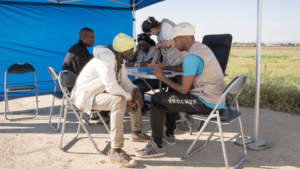
Evaluation of the project strengthening migrants’ right to health in Italy, Greece and Malta
-

Final evaluation of the project that strengthens olive farmers’ resilience in Southern Lebanon
-

Social impact assessment of the Rapporti Corti project for socio-educational inclusion in the Navile district of Bologna
-

Evaluation of the Naseej project to stop gender-based violence in Iraq, Yemen, and Palestine
-
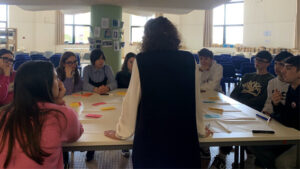
Evaluation of the project that promotes youth employment in Italy
-

Final evaluation of the ‘5G Smart School’ project for innovative teaching in Italian schools
-

Evaluation of the project that fosters mainstreaming migration into international cooperation and development policies
-

Final evaluation of a project to contrast educational poverty in Albania
-
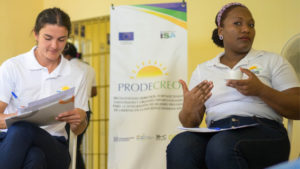
Evaluation of the project PRODECREO to promote the rights and socio-occupational reintegration of women deprived of their liberty in the Dominican Republic
-

Final evaluation of the SOS Children’s Villages family strengthening project in Bosnia and Croatia
-

Evaluation of the project for the motor rehabilitation of oncological children in Turin
-
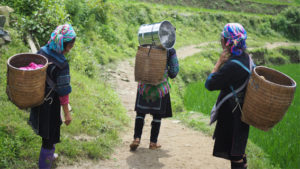
Evaluation of the project that aims to improve the health of the most vulnerable in Myanmar
-
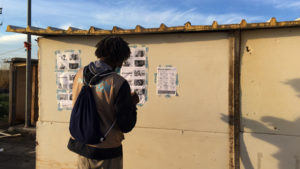
Final evaluation of the project that fosters proximity social-health services in the informal settlements of the Province of Foggia
-

Food Wave, Monitoring the project that promotes sustainable food consumption among young Europeans
-

Spazio Donna, evaluation of the projects to foster women empowerment and contrast gender-based violence
-

Evaluation of the projects “M’Interesso di Te” that tackle unaccompanied foreign minors’ integration
-
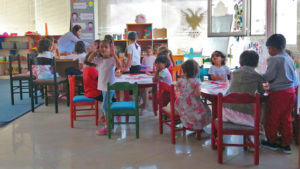
Evaluation of psycho-socio-sanitary interventions in response to the COVID-19 pandemic and the earthquake in Albania
-

Final evaluation of the Youth For Love project to raise young people’s awareness of gender-based violence
-
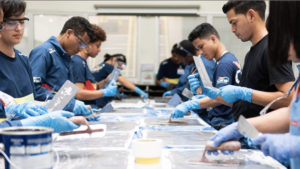
Multi-country mid-term evaluation of the YouthCan! programme, promoting the employability of vulnerable young people
-

Final evaluation of WEGO2 to support women economic empowerment contrasting intimate partner violence
-

Action Research for the project Do.N.N.E against gender-based violence in Central Italy
-

Evaluation of the project “Mentors for Resilience” to contrast educational poverty
-
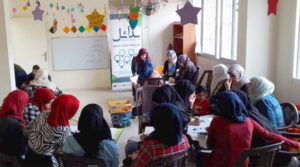
Outcome Harvesting of the project that aims to promote stability and social enterprise in Lebanon
-
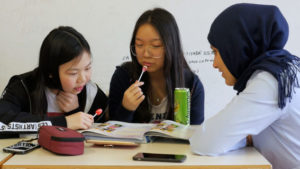
Annual evaluation and SROI of the programme “Nessuno Escluso” to contrast social exclusion and educational poverty in Tuscany
-

Evaluation of the project “Dreams and Needs” to contrast educational poverty in Italy
-

Mid-term evaluation of the project MilKy for the development of a sustainable dairy supply chain in Kenya
-

Final evaluation of Pe.R.Co.rrere: resilience of communities in Center Italy
-

Evaluation of the promotion campaign for Piave DOP cheese in Austria, Germany and Italy
-
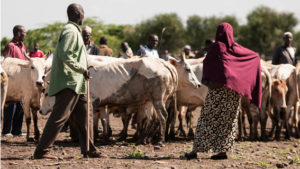
Mid-term & final evaluation of a project to strengthen resilience to climate shocks in Kenya
-
Evaluation of the promotion campaign for Italian specialities in Japan
-
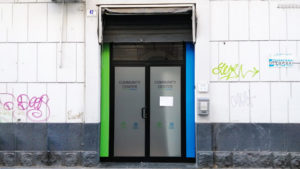
Community center, final evaluation of the social inclusion project
-
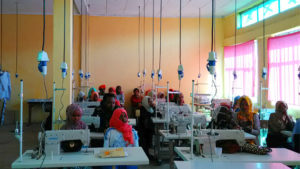
Mid-term evaluation of the project to contrast irregular migration in Ethiopia
-
Mid-term evaluation of the project for the conservation of Protected Areas in Albania
-

Social Impact Assessment of children’s protection programmes in Kyrgyzstan
-
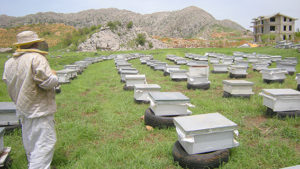
Monitoring&Evaluation of reintegration services for drug addicts and ex-addicts in Lebanon
-

SROI Analysis, Albergo Etico social performance
-
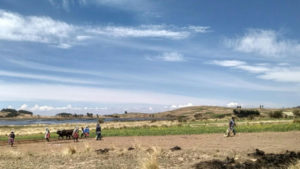
ECO.COM: strengthening local economic development in Bolivia
-

Improving the sustainability in the cherry supply chain in Bulgaria and Turkey
-

Evaluating sustainable agricultural supply chains in Bosnia Herzegovina and Albania
-
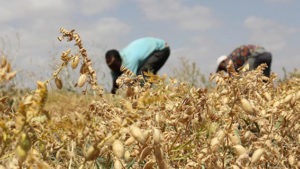
Impact evaluation of the creation of a durum wheat supply chain in Ethiopia
-

Impact evaluation of a Rehabilitation programme in India